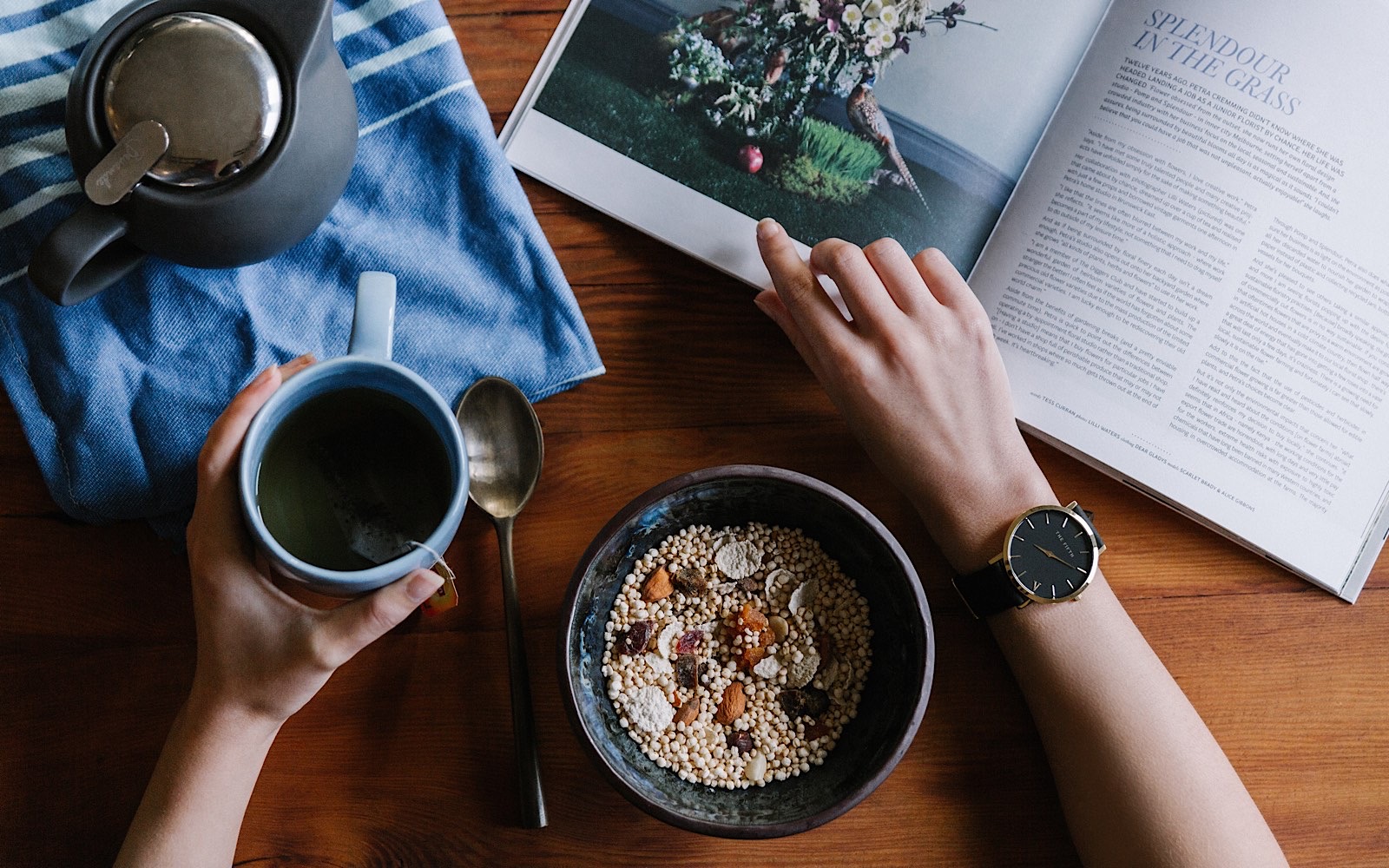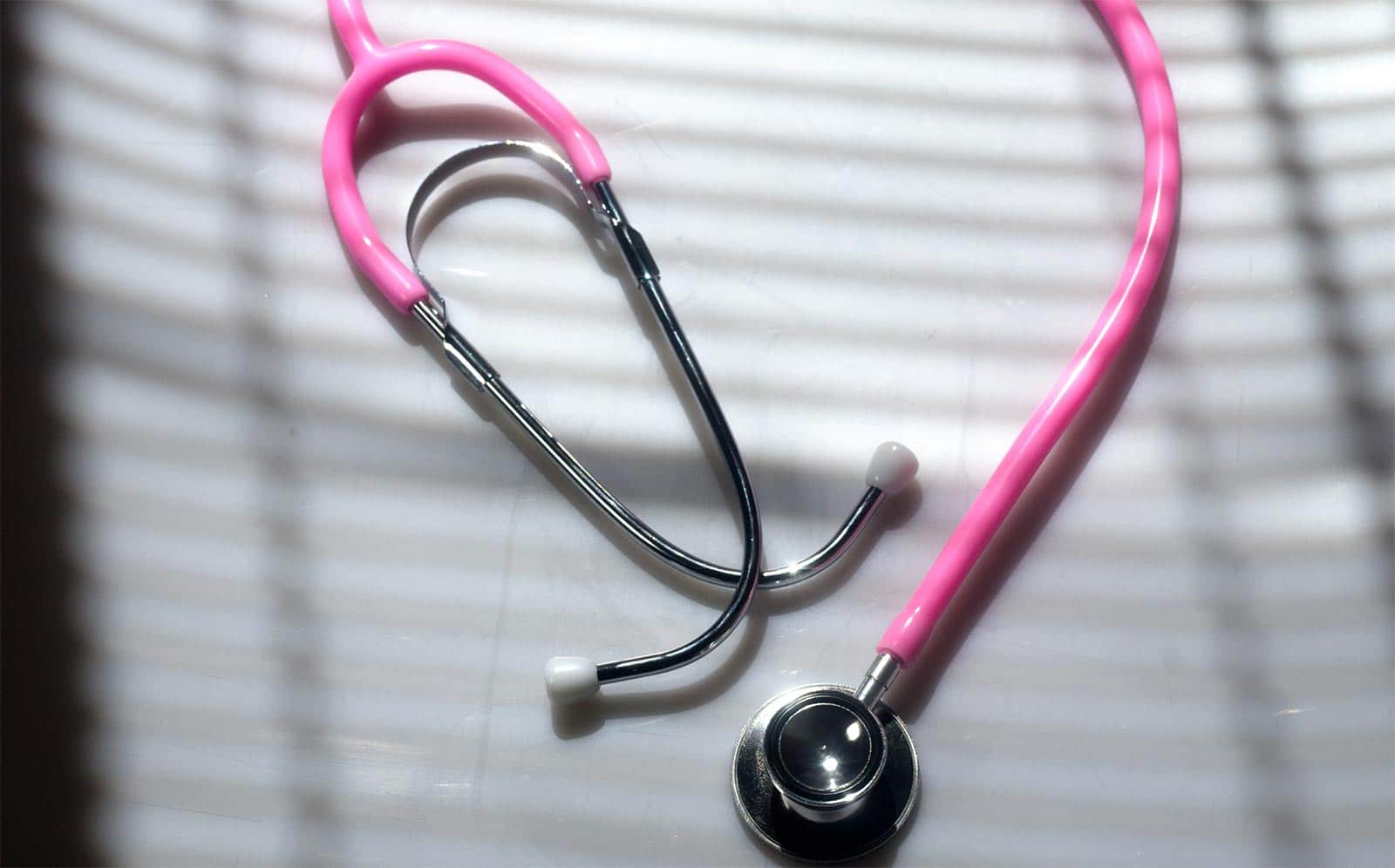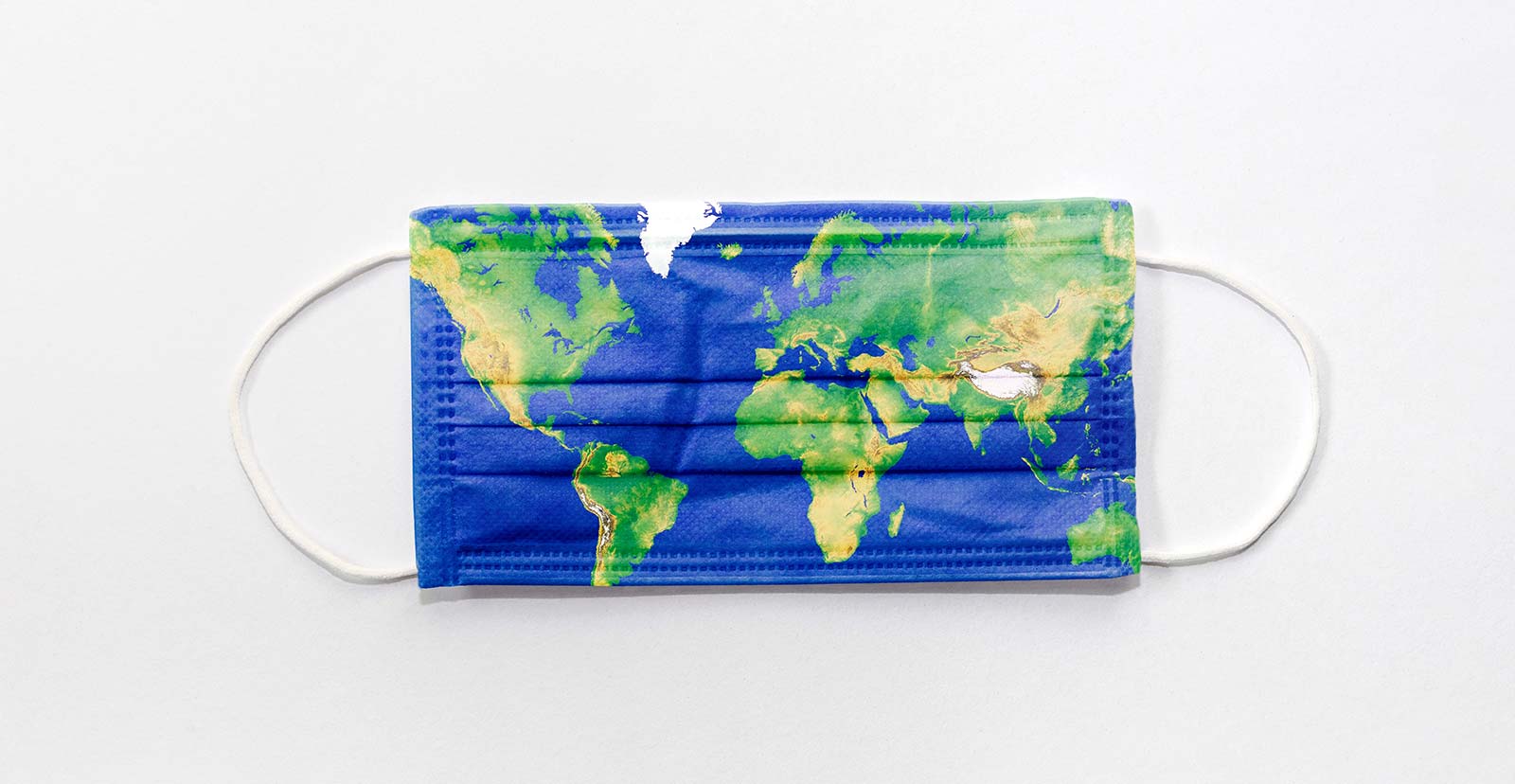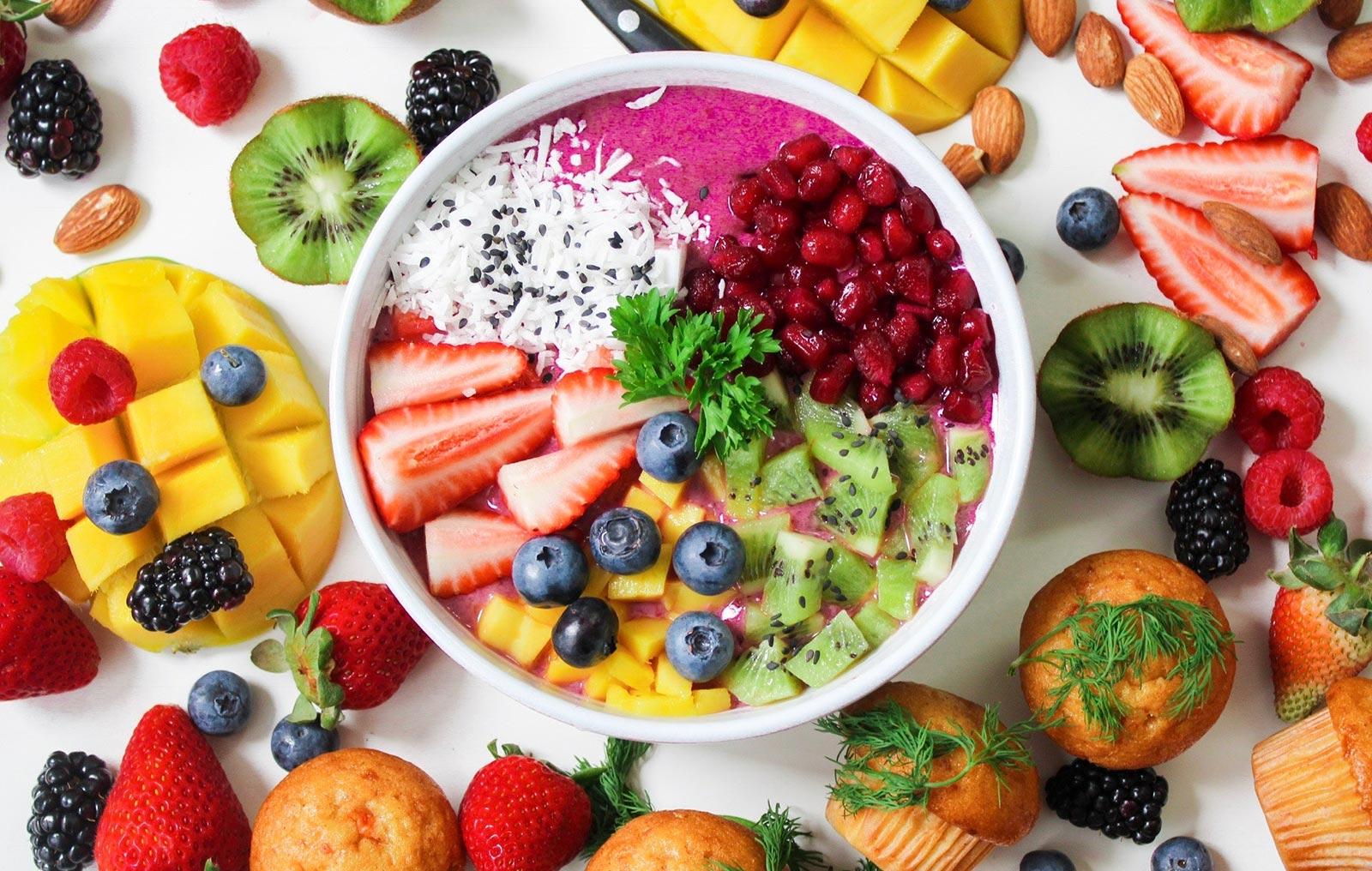
Six tips to help you survive Mother’s Day
Mother’s Day can be a hard time for women struggling with fertility. Here are six tips to help during this time.

Mother’s Day can be a hard time for women struggling with fertility. Here are six tips to help during this time.

There’s a reason why it’s important you get your antioxidants, and it’s partly because of oxidative stress, which can lead to poor

Amidst times when we’re self-isolating, it’s important to recognise keeping vitamin D levels up. Why is vitamin D so important for your

There’s good news for people keen to come through Fertility First, particularly if they’ve felt hamstrung by potential self-isolation and distancing rules

It can be especially hard to care for yourself during times of self-isolation, but here are some tips to stay sane while

It’s normal to feel anxiety, concern, and unease during this unpredictable time, however it’s also important to manage your stress and anxiety

Getting answers to fertility questions amidst the COVID-19 coronavirus crisis isn’t easy, but we’ve assembled them in one place.

Fertility First is looking to provide its patients with ongoing updates and support, and kindly requests that patients also follow current preventative

With many concerned about COVID-19, a question that keeps drawing attention is “are there ways to help prevent getting sick?” The answer
Every story written here comes from Fertility First's Research Team, a group of scientists that doesn't just talk about the science behind fertility and reproduction, it lives and breathes it. Staffed by the doctors and scientists working behind the scenes at Fertility First, this team of dedicated embryologists, andrologists, and fertility experts collectively has over 40 years experience in the field.
Yes, chronic stress can impact fertility by disrupting hormonal balance and ovulation patterns. Managing stress through relaxation techniques, regular exercise, adequate sleep, and mindfulness practices may help optimise your chances of conception. Consider speaking with a counsellor if stress feels overwhelming.
Sperm health accounts for about 40% of conception challenges. Your partner can improve sperm health by maintaining a healthy weight, avoiding excessive heat exposure (hot tubs, saunas, tight clothing), limiting alcohol, quitting smoking, managing stress, and taking a multivitamin with antioxidants. Sperm takes about 3 months to develop, so lifestyle changes need time to show results.
Your fertile window typically spans 5-6 days, ending on ovulation day. For a regular 28-day cycle, this usually falls between days 10-15, with peak fertility 1-2 days before ovulation. Track your cycle using ovulation predictor kits, basal body temperature, or cervical mucus changes to identify your unique pattern. Having intercourse every 1-2 days during this window optimises your chances.